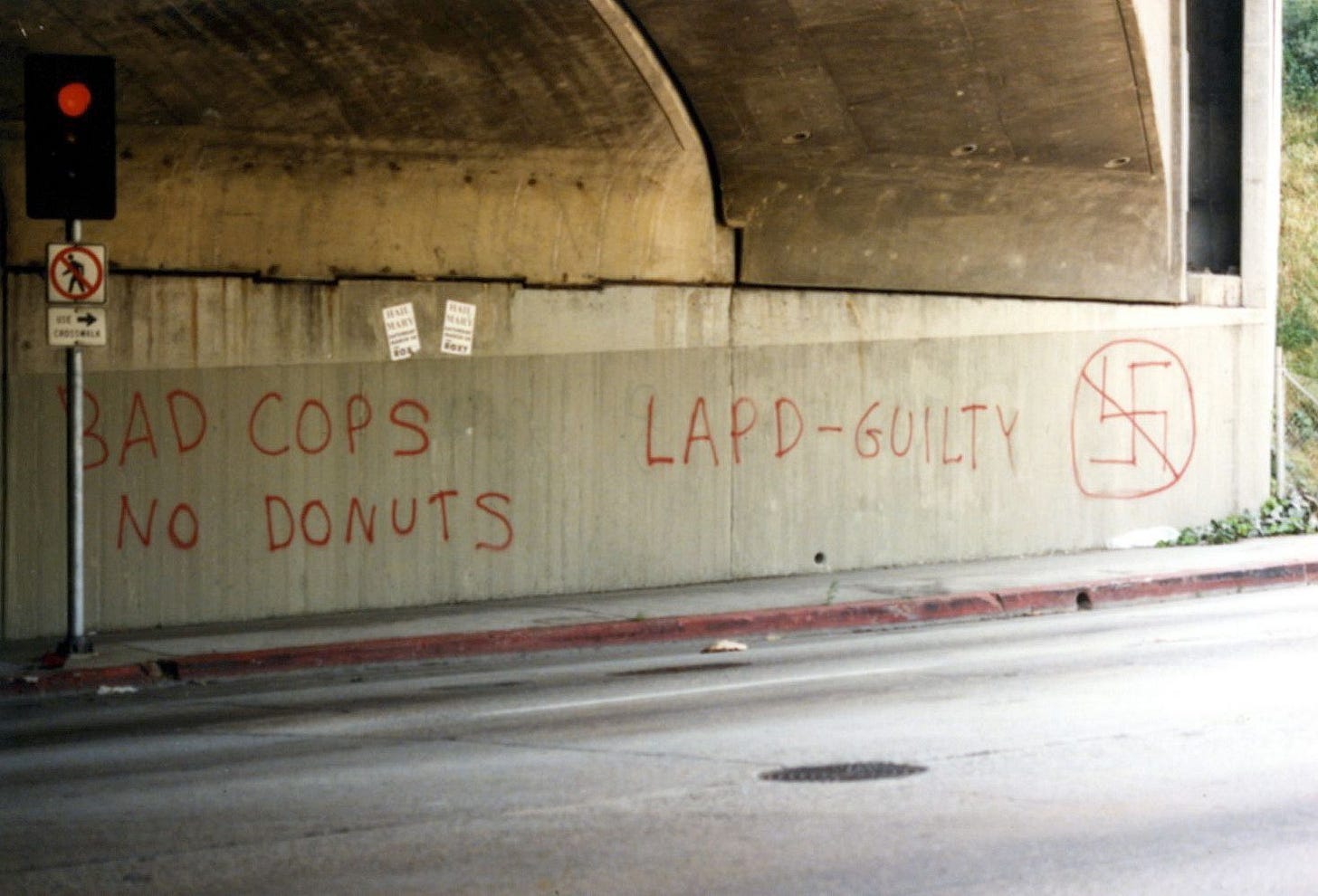Mike Davis in My Soul

Some of you may not know Mike Davis, but he just died after a prolonged bout with oesophageal cancer. If you haven't read anything by him, you're missing out. He was a truck driver, a Californian from birth to death, an uncompromising socialist, and one of the greatest critical writer-historians I've ever read.
I just want to say how Mike's work hit me, …



